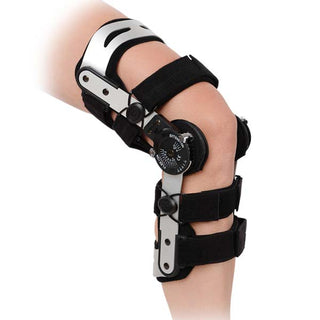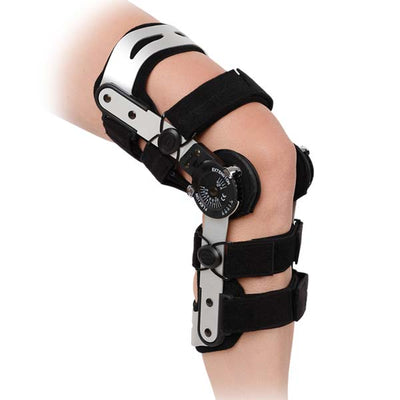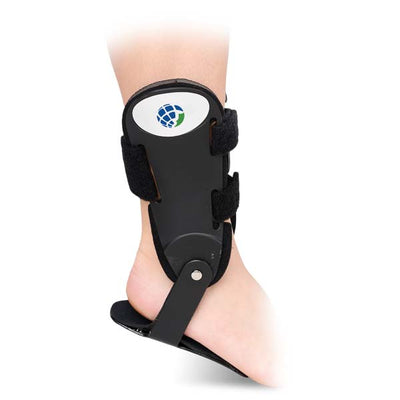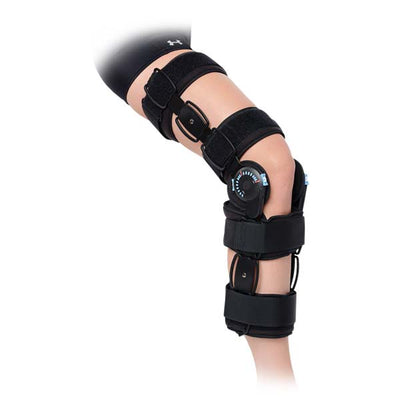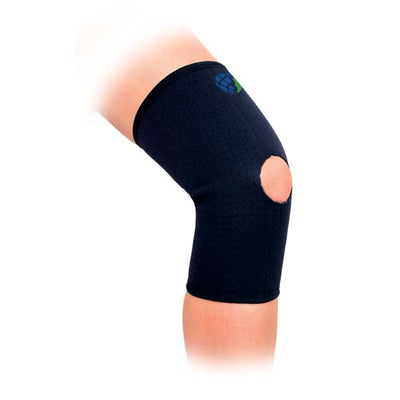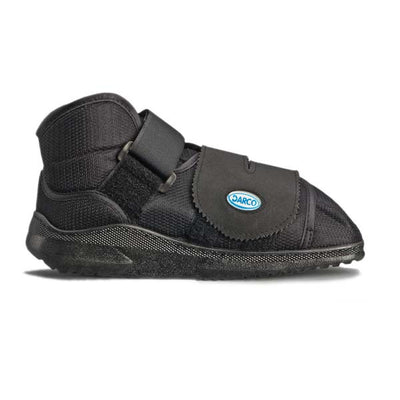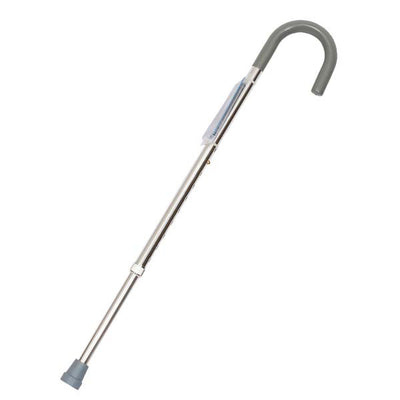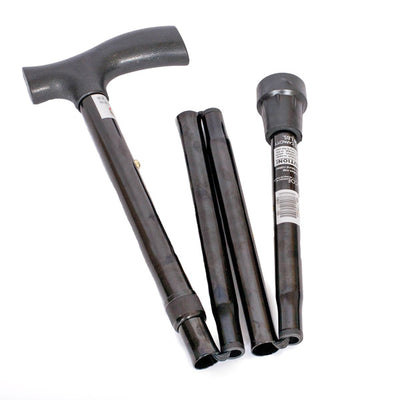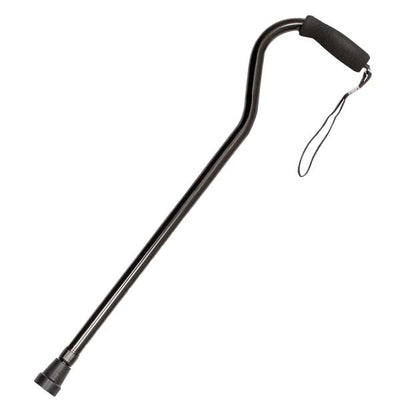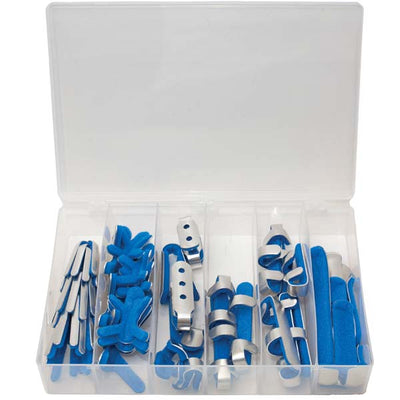You need to take extra precautions if your household includes someone who is at higher risk of severe illness from Covid-19. That is a person who, when infected, has a higher likelihood of hospitalization, intensive care, intubation or mechanical ventilation, or death. Luckily, there are simple steps that you can take to better ensure their safety and well-being.
Who Is at an Increased Risk of Severe Illness From Covid-19?
We are all at risk of being infected by the coronavirus. However, two specific groups are more likely than others to become severely ill from Covid-19: the elderly and people with underlying medical conditions.
In general, the risk of severe disease gradually increases with age. So, it is not surprising that those aged 85 or older are at the greatest risk for severe illness from Covid-19. The risk of being hospitalized for Covid-19 also increases with age.
People with certain underlying medical conditions (such as autoimmune disease, heart disease, diabetes, or lung disease) have immune systems that are not as effective at fighting the infection as someone with a functioning immune system would. This is why they are at a higher risk of severe illness from Covid-19.
What You Can Do to Protect Your Household
The guidelines below aim to reduce the risk of transmission and exposure to the coronavirus. They will help you be better able to protect the person in your home who is more likely to get very sick from Covid-19. In fact, these are steps that we can all take to protect those in our households.
Wear a Mask When Outside the Home
Remember that people can spread the virus even if they do not show any symptoms. Wearing a mask outside the home, even when it is not required, decreases your chances of getting infected, and of bringing the coronavirus home.
Wear a Mask in Shared Indoor Spaces
As with the guidance for outdoor spaces, try and keep 6 feet apart. If this is impractical, wear masks in shared spaces to reduce the chance of transmission.
Wash Your Hands When You Get Home
Wash your hands for at least 20 seconds, or use hand sanitizer, immediately when you get home. If possible, remove your shoes and change into 'indoor' clothes in an isolated space before entering your home. This reduces the risk of exposure to items that may have come in contact with the virus.
Avoid sharing personal household items
Due to the risk of transmission, try not to share food, drinks, or other items such as cups, eating utensils, or towels. You should take care to wash these items thoroughly after usage.
Clean and Disinfect High-Touch Surfaces
There are many high-touch surfaces in a household: TV remotes, light switches, countertops, refrigerator handles, doorknobs, just to name a few. A New England Journal of Medicine study showed that the coronavirus remains infectious in aerosols (a mist of tiny droplets) for some time on various surfaces. So, it is recommended to disinfect commonly used surfaces at least once a day.
Isolate if You Do Not Feel Well
If you experience any symptoms of Covid-19, you should immediately isolate yourself. If at all possible, you should use a separate bedroom and bathroom, and use a dedicated, lined trash can for your garbage. If you must share a bathroom, you should try to disinfect it after each use.
Vaccinations
While there are some people who may be concerned about getting vaccinated, there are benefits for getting vaccinated. While more research is needed into whether a vaccinated person can still transmit the virus, there is plenty of research that shows getting vaccinated can protect yourself from mild-severe infection. Certain high risk people may not be able to get the vaccine, but having both individuals vaccinated is the best way to ensure the safety of someone that is at high-risk of contracting COVID-19.
When you have been fully vaccinated you should make sure you know what has and hasn’t changed for you to help protect yourself and others.
Getting vaccinated doesn’t mean you should stop practicing all the above steps when visiting high-risk individuals. You should still wear a well-fitted mask while maintaining a physical distance of 6 feet.
Protect Your High-Risk Family Members
One of the ways you can keep your household safe from Covid-19 is by ordering your medical supplies online. Complete Care Medical has a specialized team to assist and educate you on medical supplies and a wide range of health and wellness products.
Contact us now and get home delivery on our wide variety of products.
What topics do you want us to cover in future content and videos?
Hello Community! Our team wants to do everything we can to help you with health-related products and services. Please let us know what particular topics, big or small you'd like to know more about and we will do our best to create content that meets your needs.




































